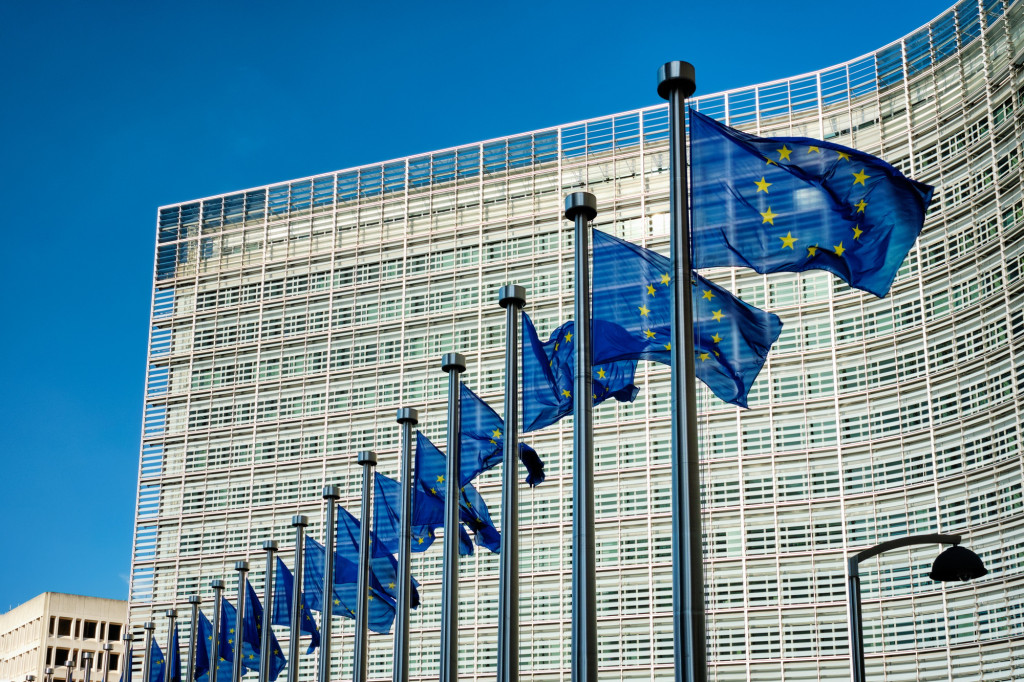EU Commission to launche test of age verification app
The testing phase for the age verification app is scheduled to commence shortly, with the application expected to be operational alongside new DSA guidelines.

The European Commission is initiating tests for a new EU-wide age verification application. This initiative aligns with the Digital Services Act (DSA) and the Better Internet for Kids (BIK+) strategy, aiming to enhance online safety for minors while upholding user privacy.
In October 2024, the Commission issued a call for tenders with a €4 million budget to develop a privacy-preserving age verification solution. The goal is to create a scalable, white-label application that member states can localize and distribute via app stores. The app is designed to verify if a user is 18 or older without disclosing additional personal information, utilizing Zero-Knowledge Proof (ZKP) protocols. This cryptographic method allows for the confirmation of an attribute, such as age, without revealing other data .
Key areas of focus during the testing phase include:
- Technical Performance: Evaluating the app’s reliability, efficiency, and ability to accurately determine users’ ages in real-world conditions.
- Data Protection: Confirming that the app complies with existing EU data protection rules and does not compromise user privacy.
- User and Stakeholder Feedback: Collecting insights from technology experts, service providers, and other stakeholders to ensure that any issues are addressed before the tool is potentially expanded.
The age verification system is also intended to integrate with the forthcoming European Digital Identity (EUDI) Wallet, developed by Deutsche Telekom and Scytáles. This integration aims to provide a secure, scalable, and privacy-compliant age verification mechanism across the EU .
Future outlook
The testing phase for the age verification app is scheduled to commence shortly, with the application expected to be operational alongside new DSA guidelines. The Commission aims to assess the app’s effectiveness in verifying age while safeguarding user privacy, contributing to the EU’s broader digital sovereignty and data protection objectives.


